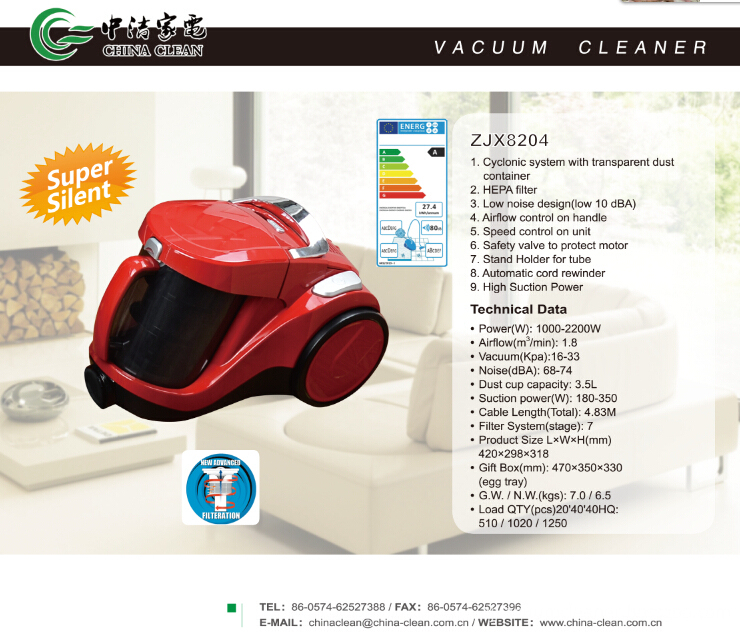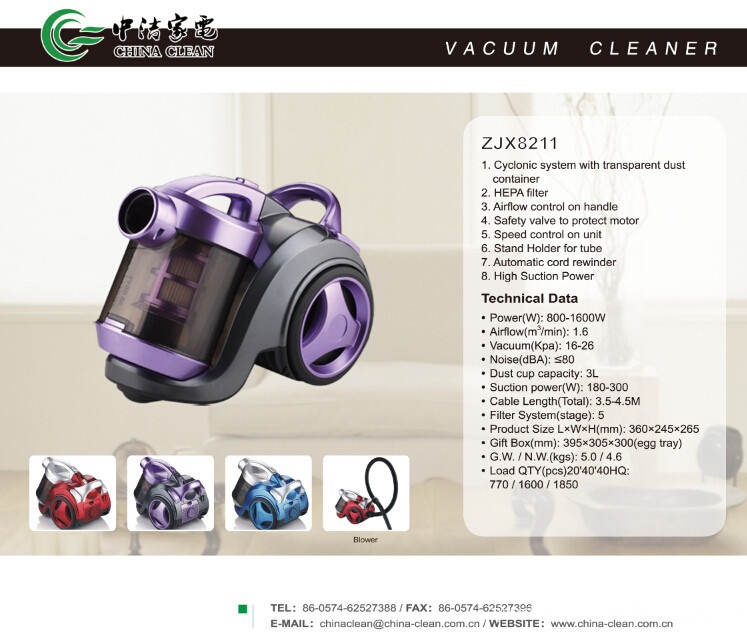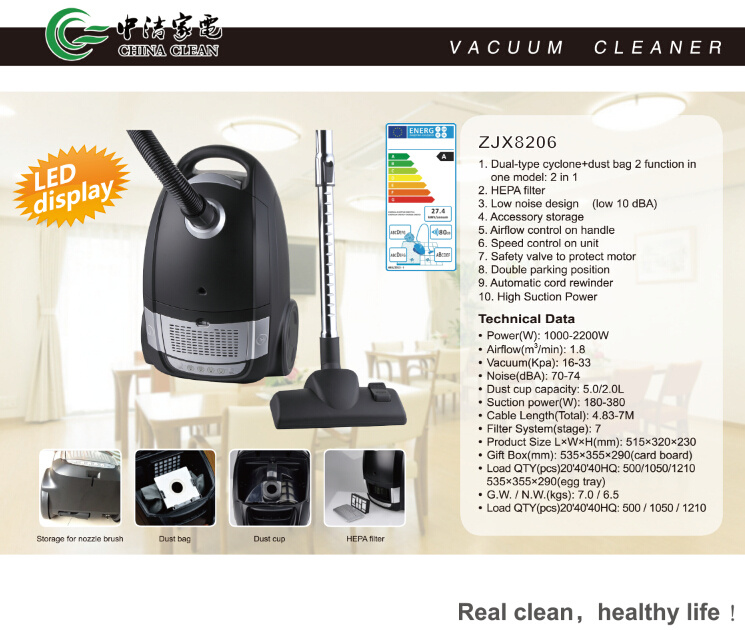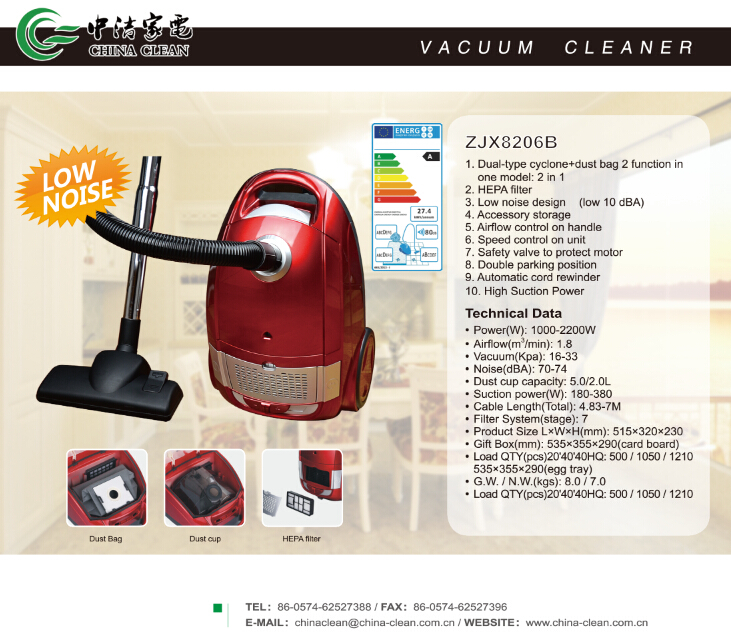As early as 2008, China’s home appliance industry, which was deeply affected by the financial crisis, ushered in a policy-supporting bonus year. The country has introduced household appliances to the countryside, trade-in, and energy-saving air-conditioning subsidy policies to stimulate consumer electronics consumption, which has greatly released the consumption of urban and rural residents. ability. However, with the expiration of various stimulus policies in 2011, whether the policies should be continued or not, there are voices of supporters and opposition parties in the enterprises.
However, some experts pointed out that whether the support policy continues, or support the withdrawal of the policy, the home appliance companies in the market economy will eventually return to the endogenous development model. It cannot be supported by policies.
Disagreement Although the policy has come to an end, the enthusiasm for subsidy demand from home appliance manufacturers and channel providers who paid for the policy did not diminish. Some corporate representatives have put forward their suggestions in the hope that the relevant national ministries and commissions will continue to implement these industrial stimulus policies and even expand the scope of implementation of the policies. At the “two sessions†that just took place this month, CEOs of home appliance companies expressed their opinions.
Zhang Jindong, member of the National Committee of the Chinese People's Political Consultative Conference and chairman of Suning Appliance, said that he hopes the government will introduce a consumer purchase subsidy policy for high-efficiency household appliances and provide consumer subsidies for energy-efficient air conditioners, electric water heaters, refrigerators, televisions, and washing machines. He suggested that the consumption subsidy for energy-efficient home appliances can be controlled at about 5% of the sales price of goods, and it is not tied up with the old home appliance recycling policy. This will not only stimulate the home appliance consumer market, but also influence it. Control within a reasonable range.
Actively promoting another household electrical appliance manager who continued this policy, Li Xinghao, deputy to the National People's Congress and chairman of the board of directors of the Chigo Group Holding, expressed the hope that the government will continue to implement the subsidy policy for home appliances and energy-saving people and implement the energy-saving and livelihood policy as a long-term mechanism. He also stressed that it is best to give subsidies for energy efficiency in DC conversion technology and promote the progress of energy-saving technologies.
The other two heavyweight representatives of the household appliance industry, Yang Mianmian, the president of the Haier Group and the executive vice chairman of the board of directors, and Dong Mingzhu, president of Gree Electric, expressed their disagreements.
Yang Mianmian said that the introduction of the home appliances to the countryside policy is not a bad thing. In this year's market facing the cold winter situation, it is benign to enterprises to improve their ability to survive and resist risks, as well as to stimulate the entire industry.
Gree Dong Mingzhu, known as "Iron Lady", also publicly agreed with the media to suspend the appliance preferential policies. She said that manufacturing can not rely entirely on government subsidy policies for home appliances to the countryside to pull the final still rely on technology, quality service to win consumers.
Market "hands"
In fact, no matter whether the support policy continues, or whether it agrees to stop it, it is indisputable that before the policy exit in 2011, there has been a “last train†effect, and these household electrical appliance stimulus policies are obviously not as effective as the implementation of sales in 2008. .
According to Ovid Consulting's monitoring data, in the first two months of this year, the domestic appliance market did not achieve a good start, as it did in previous years. It was a dismal start. Television, air conditioners, refrigerators, and washing machines all saw a significant decline in sales. In January of this year, the sales of TV terminals were 4.221 million units, down 22.4% year-on-year; the sales of refrigerators were 667,300 units, a year-on-year decrease of 20.8%; the sales of washing machines were 994.6 thousand units, a year-on-year decrease of 37.9%; the situation of air conditioners was even more severe. 33.34 million units, a year-on-year decrease of 45.7%.
At the same time, the continuing downturn in the real estate market has also brought shocks to the appliance industry that is in the downstream of the real estate industry. Nobody buying a new house will not be equipped with air conditioners or TVs. The demand for the replacement of existing home appliances will be released ahead of schedule when the policy expires. Consumers with real rigid demand are only part of home appliance consumption. Judging from market signals this year, the government's control policy on real estate has not shown any signs of loosening. This is also an important reason for the current widespread anxiety in the household appliance industry.
A person from a power company in Guangdong believes that the previous support policies have severely advanced the market. If consumers still lack confidence, if the country introduces new measures, the final effect will be difficult to judge.
Dong Mingzhu even stated that in the market economy, companies must rely on product quality and technology to win the market. If the government benefits from the people's policies, market consumption will cease. That is not real consumption.
The enterprise is just like the same machine. If the government subsidy is used to make the enterprise run normally, it will also give the company a shot to let it survive. It is like using a ventilator. If the ventilator takes it, it will stop breathing. That is a fake breath. The metaphor of Dong Mingzhu's image.
Liu Buchen, an observer of home appliances, insisted on the suspension of the policy that the policy is likely to make the company inert and dependent, but it will have a negative effect. In his view, the next step is to focus on technology and energy conservation and environmental protection, because the ultimate competitiveness of the company needs to be embodied in technology, not price.
In the market competition, the development of enterprises also needs to follow the development of economic laws, and cannot rely on policies. Enterprises really open up the market to drive sales, not rely on the state's policies and policies, but use the opportunities introduced by the policies. Some short boards make up.
According to the reporter's understanding, even without state subsidies, some companies continue to organize trade-in activities and energy-saving subsidies for corporate behaviors, and carry out spontaneous subsidy activities such as swap-back, swapping and replacement of new products to drive the market.
However, some experts pointed out that whether the support policy continues, or support the withdrawal of the policy, the home appliance companies in the market economy will eventually return to the endogenous development model. It cannot be supported by policies.
Disagreement Although the policy has come to an end, the enthusiasm for subsidy demand from home appliance manufacturers and channel providers who paid for the policy did not diminish. Some corporate representatives have put forward their suggestions in the hope that the relevant national ministries and commissions will continue to implement these industrial stimulus policies and even expand the scope of implementation of the policies. At the “two sessions†that just took place this month, CEOs of home appliance companies expressed their opinions.
Zhang Jindong, member of the National Committee of the Chinese People's Political Consultative Conference and chairman of Suning Appliance, said that he hopes the government will introduce a consumer purchase subsidy policy for high-efficiency household appliances and provide consumer subsidies for energy-efficient air conditioners, electric water heaters, refrigerators, televisions, and washing machines. He suggested that the consumption subsidy for energy-efficient home appliances can be controlled at about 5% of the sales price of goods, and it is not tied up with the old home appliance recycling policy. This will not only stimulate the home appliance consumer market, but also influence it. Control within a reasonable range.
Actively promoting another household electrical appliance manager who continued this policy, Li Xinghao, deputy to the National People's Congress and chairman of the board of directors of the Chigo Group Holding, expressed the hope that the government will continue to implement the subsidy policy for home appliances and energy-saving people and implement the energy-saving and livelihood policy as a long-term mechanism. He also stressed that it is best to give subsidies for energy efficiency in DC conversion technology and promote the progress of energy-saving technologies.
The other two heavyweight representatives of the household appliance industry, Yang Mianmian, the president of the Haier Group and the executive vice chairman of the board of directors, and Dong Mingzhu, president of Gree Electric, expressed their disagreements.
Yang Mianmian said that the introduction of the home appliances to the countryside policy is not a bad thing. In this year's market facing the cold winter situation, it is benign to enterprises to improve their ability to survive and resist risks, as well as to stimulate the entire industry.
Gree Dong Mingzhu, known as "Iron Lady", also publicly agreed with the media to suspend the appliance preferential policies. She said that manufacturing can not rely entirely on government subsidy policies for home appliances to the countryside to pull the final still rely on technology, quality service to win consumers.
Market "hands"
In fact, no matter whether the support policy continues, or whether it agrees to stop it, it is indisputable that before the policy exit in 2011, there has been a “last train†effect, and these household electrical appliance stimulus policies are obviously not as effective as the implementation of sales in 2008. .
According to Ovid Consulting's monitoring data, in the first two months of this year, the domestic appliance market did not achieve a good start, as it did in previous years. It was a dismal start. Television, air conditioners, refrigerators, and washing machines all saw a significant decline in sales. In January of this year, the sales of TV terminals were 4.221 million units, down 22.4% year-on-year; the sales of refrigerators were 667,300 units, a year-on-year decrease of 20.8%; the sales of washing machines were 994.6 thousand units, a year-on-year decrease of 37.9%; the situation of air conditioners was even more severe. 33.34 million units, a year-on-year decrease of 45.7%.
At the same time, the continuing downturn in the real estate market has also brought shocks to the appliance industry that is in the downstream of the real estate industry. Nobody buying a new house will not be equipped with air conditioners or TVs. The demand for the replacement of existing home appliances will be released ahead of schedule when the policy expires. Consumers with real rigid demand are only part of home appliance consumption. Judging from market signals this year, the government's control policy on real estate has not shown any signs of loosening. This is also an important reason for the current widespread anxiety in the household appliance industry.
A person from a power company in Guangdong believes that the previous support policies have severely advanced the market. If consumers still lack confidence, if the country introduces new measures, the final effect will be difficult to judge.
Dong Mingzhu even stated that in the market economy, companies must rely on product quality and technology to win the market. If the government benefits from the people's policies, market consumption will cease. That is not real consumption.
The enterprise is just like the same machine. If the government subsidy is used to make the enterprise run normally, it will also give the company a shot to let it survive. It is like using a ventilator. If the ventilator takes it, it will stop breathing. That is a fake breath. The metaphor of Dong Mingzhu's image.
Liu Buchen, an observer of home appliances, insisted on the suspension of the policy that the policy is likely to make the company inert and dependent, but it will have a negative effect. In his view, the next step is to focus on technology and energy conservation and environmental protection, because the ultimate competitiveness of the company needs to be embodied in technology, not price.
In the market competition, the development of enterprises also needs to follow the development of economic laws, and cannot rely on policies. Enterprises really open up the market to drive sales, not rely on the state's policies and policies, but use the opportunities introduced by the policies. Some short boards make up.
According to the reporter's understanding, even without state subsidies, some companies continue to organize trade-in activities and energy-saving subsidies for corporate behaviors, and carry out spontaneous subsidy activities such as swap-back, swapping and replacement of new products to drive the market.
This one is Cyclone Vacuum Cleaner. It is turely a cyclone Vacuum Cleaner always with strong power. It s cleaning efficiency is always high. Its filter system is 5 stages,so it can use for a long time. We have gotten international patent for the cyclone system used on our vacuum cleaner. So you can use more reliablely. In a word,iIt is worth to own this vacuum cleaner.




Cyclone Vacuum Cleaner
Cyclone Vacuum Cleaner, Dual Cyclone Vacuum Cleaner, Cyclone Bagless Vacuum Cleaner
Ningbo ChinaClean Household Appliances Manufacture Co., Ltd. , http://www.chinaclean-elec.com